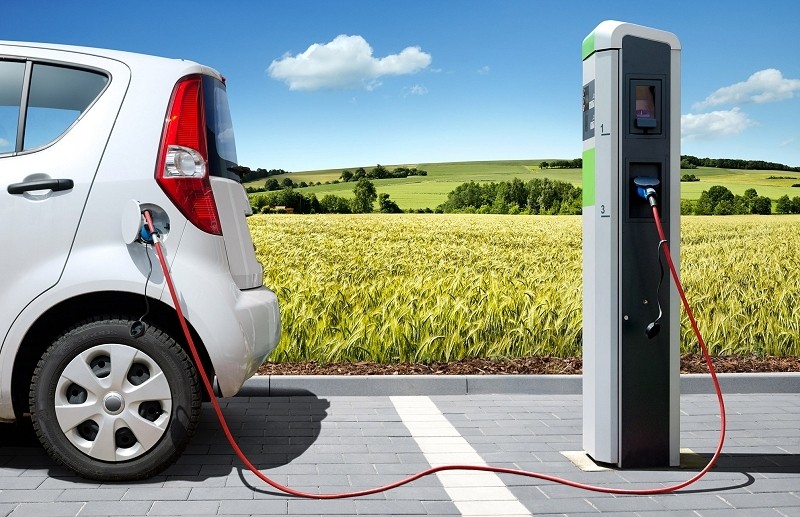A new study from the AAA Automotive Research Center in South Carolina confirms what some have suspected all along: cold weather and extreme heat can indeed impact the driving range of electric vehicles.
To gather data, AAA conducted a simulation to measure the driving range of three fully-electric vehicles. Each vehicle completed a driving cycle for moderate, hot and cold climates following standard EPA-DOE test procedures. The vehicles were fully charged and then "driven" on a dynamometer in a climate-controlled room until the battery was fully exhausted.
When testing vehicles for city driving to mimic start-and-stop traffic, the average battery range was 105 miles at a moderate 75F. Dropping the temperature to a constant 20F resulted in a range of just 43 miles - a 57 percent drop.
On the opposite end of the spectrum, the study found that hot temperatures have less of an impact on battery range. Electric vehicles delivered an average range of 69 miles per full charge when temperatures were kept at a steady 95F.
John Nielsen, managing director, AAA Automotive Engineering and Repair, said electric motors provide smooth operation, strong acceleration, require less maintenance than internal combustion engines and for many motorists, offer a cost effective option.At the same time, however, he warns that as the study has shown, EV drivers need to carefully monitor driving range in hot and cold weather.
After all, nobody wants to end up stranded on the side of the road due to dead batteries.
